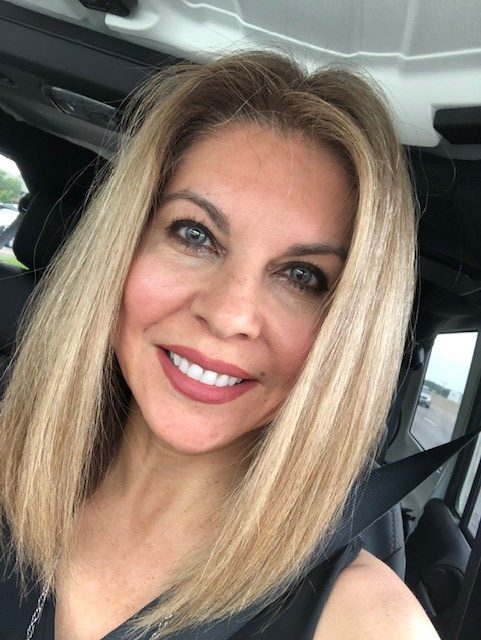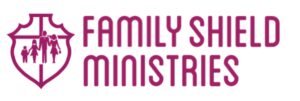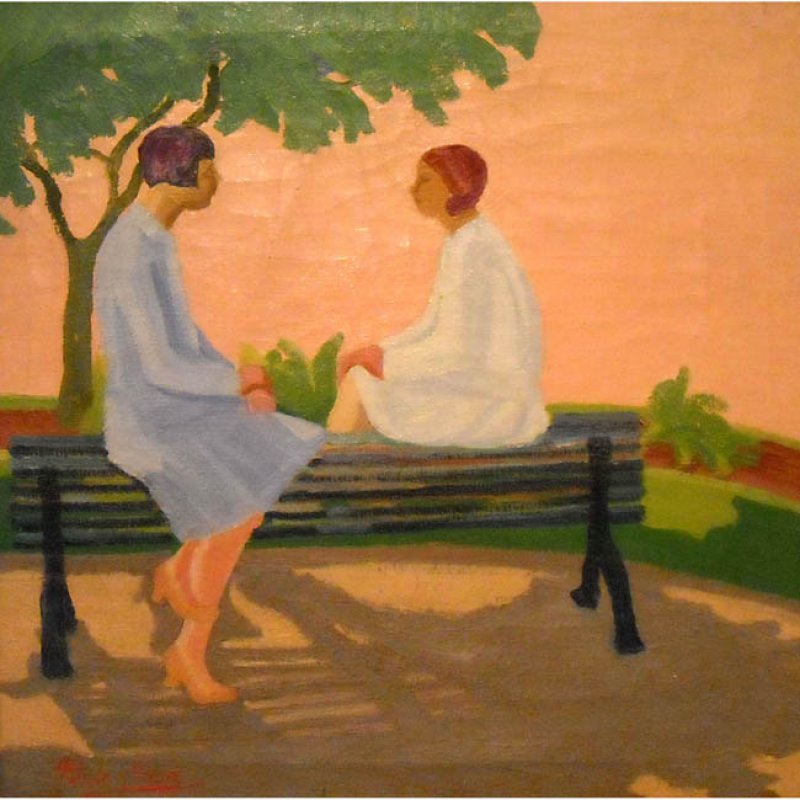In part one of this series, I stated that friendship is one of the greatest blessings we can receive and give. Aside from family, a friendship circle is the place where we best practice love. Friendships invite us to not only enter into another’s world and life-experience but also enable us to intrude. As children, we may not always understand that friendship can continue beyond disagreements. We may believe and act as if relationships are over or were deceitful or unreal. From early elementary thru adolescence this scenario occurs more frequently. We rely heavily on our friends to approve, guide, inspire, and support us, especially during adolescence. The loss of a friendship can be felt profoundly and assault our feelings of acceptance by others in our friendship circles. The same can occur later in life, particularly if one experiences divorce, infidelity, severe illness, or financial issues. Friends may appear to fall away when we most need them. Perhaps our insecurities and wounds lead us toward perceiving some distance in our friendships in such instances.
Trust, support, and belief cement all relationship circles: from peripheral relationships to acquaintances and work associates to our most intimate friendships. We have unique opportunities to build super, “roux-quality” friendships when the chips are down. When friendship edges are rough and emotions are high, it’s the best time to jump in, reconnect, heal, and bring greater meaning into your life. This courageous and vulnerable action is the opposite of the defensive emotions one experiences in a moment of heated debate, bruised ego, or hurt feelings. I have heard it quoted that, “Friendship is fragile or delicate. Once broken, it can be fixed, but there will always be cracks.” I can agree with that. But does that mean that the relationship will not be as strong or beautiful? No!
A friend from my college days with whom I frequently bickered taught me about the Japanese art of Kintsugi, whereby pottery is repaired with gold that emphasizes the breaks and imperfections and makes the pottery more valuable and unique. We remain friends to this day, even as we continue to bicker and view politics, religion, and life’s purpose differently. One reason is my innate desire to have my friend know Christ and both of our decisions to intentionally embrace a wabi-sabi view of relationships, life, and ourselves. A wabi-sabi view necessitates acceptance and appreciation of one another as flawed, cracked, imperfect, and incomplete. Leonard Cohen, who wrote Hallelujah, stated, “There is a crack in everything. That’s how light gets in.” Cracks and flaws are opportunities for us to engage intentionally and purposely, forgive unexpectedly, and build towards a more intimate relationship than existed before.
The art of Kintsugi and the practice of wabi-sabi aligns with how our Lord works in us through our imperfections. In Him, we can grow in strength spiritually, emotionally, and cognitively. We become wiser and better equipped to embrace and receive the unexpected things life throws at us. Friendship is a gift we ought to care for and value. Determine now to refine the art of Kintsugi in your daily life and welcome the wabi-sabi moments to share the gospel of God’s love and light into the cracks of your friendship circles.
One who has unreliable friends soon comes to ruin, but there is a friend who sticks closer than a brother. Proverbs 18:24
Until next week!
Copyright © 2020 Yvette Seltz, used by permission. Visit https://cccc-usa.com/new-index to learn more.

Dr. Marie Yvette Hernández-Seltz is the director of Candescent Counseling, Consulting & Coaching. She holds a PhD in Clinical Psychology and an MS in Industrial/Organizational Psychology. She has spent the past 15 years studying self-esteem, self-confidence, responsibility, and the effects of environment and culture on the individual.

